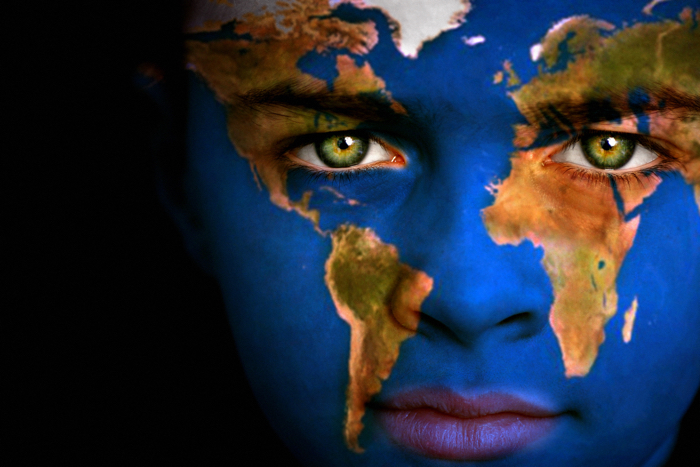
A new report, 'A future for the world's children?', has been published by a Commission that has been jointly appointed by the World Health Organisation (WHO) and the medical journal The Lancet.
The Commission's report finds that whilst there have been dramatic improvements in survival, nutrition and education in recent decades, today's children still face an uncertain future. Their future wellbeing is being threatened by a range of factors, including climate change, ecological degradation, migrating populations, conflict, inequalities and predatory commercial practices.
Many politicians around the world are still not prioritising investment in children, and they are failing to see this investment as delivering broader benefits to society. Even in rich countries, many children are still going hungry, or living in conditions of absolute poverty.

Whilst wealthier countries generally have better child health and development outcomes, their historic and current greenhouse gas emissions threaten the future lives of all children around the world. So to provide the best outcomes for today's children, priority needs to be given to sustainability and to equity. For example, the country in which children flourish the most, Norway, has greenhouse gas emissions per person that make it number 156 (out of 180 countries) on the report's sustainability index. It is currently on track to exceed its 2030 per capita greenhouse gas emissions reduction targets by 212%. Similarly, South Korea and the Netherlands, ranked at numbers 2 and 3 on the flourishing index are ranked 166 and 160 for sustainability, exceeding their 2030 per capita emissions targets by 346% and 256% respectively. Australia, number 20 for its ability to enable young people to flourish is ranked 174 for sustainability, exceeding 2030 per capita emissions targets by a staggering 524%. Here in the UK, we are the tenth best country in the world for enabling children to flourish, but we are number 133 for sustainability, as our current plans for reducing emissions mean we will overshoot our 2030 per capita emissions targets by 115%.
The leaders in the sustainability rankings are generally low income countries, where children are less likely to flourish, but individuals' carbon footprints are very low. Burundi, at number 1 for sustainability, is number 156 on the flourishing index. Chad (number 179 for flourishing), Somalia (number 178 for flourishing), the Democratic Republic of the Congo (number 167 for flourishing) and the Central African Republic (number 180 for flourishing) make up the top 5 for sustainability. People in these countries are already on well track to have emissions almost twice as low (-98%) as is necessary to meet their 2030 per capita greenhouse gas emissions targets.
The Commission's report also highlights the ways in which young people are targeted by businesses through advertising and states that while businesses create wealth and jobs, their actions can also threaten child health and wellbeing. Evidence suggests children are exposed to up to 30,000 TV advertisements per year. The Commission calls for greater global regulation, because existing frameworks are not adequate and industry self-regulation does not work.
The Commission ends its report awed by the scale of the challenges ahead, but also optimistic that with the involvement of young people in decision making, changing the future for the better is achievable. "It will require bold politicians, courageous community leaders, and international agencies that are willing to radically change the way they work. No excuses, and no time to lose."
